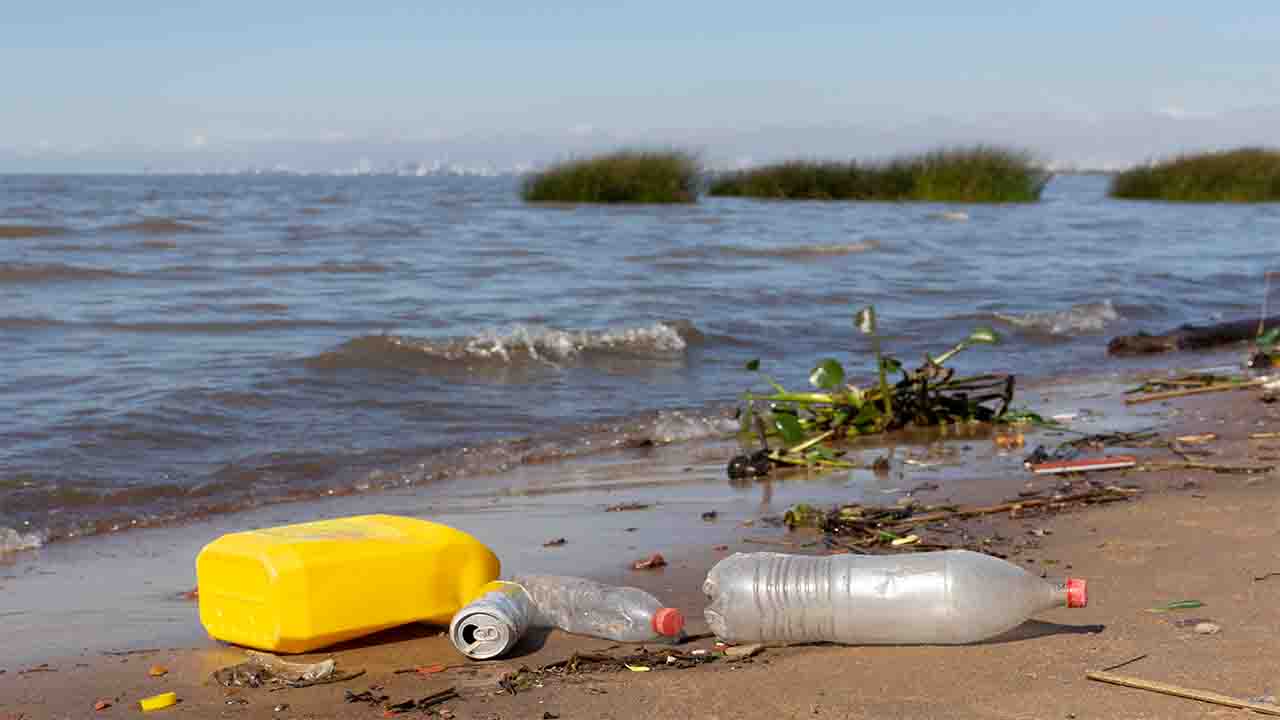A crucial environmental worry has been brought to light by a ground-breaking scientific study conducted out along the Southeast coast of India, the increasing possibility of invasive species take possession of marine debris. The study explores the complicated relationship between plastic pollution and the existence of non-indigenous creatures in Indian waters. It was issued in the Marine Pollution Bulletin.
Marine life has been gifted to colonize a wide diversity of substrates, thanks to the upsurge in anthropogenic waste in the ocean in recent years. This accumulation of marine remains has involuntarily become a vector for the explosion of foreign species, with far-reaching environmental and economic consequences, predominantly when it comes to densely populated areas or popular tourist locations.
A detailed investigation of fouling organisms on a assortment of stranded litter types, such as glass, plastic, rubber, cloth, foam sponge, wood and metal, was conducted by the investigate team, which was directed by the Institute de Ciències del Mar (ICM-CSIC) and the Sathyabama Institute of Science and Technology in partnership with the University of Barcelona (UB), the Abdelmalek Essaadi University (UAE), and the University of Oslo (UiO).
A shocking awareness developed from their meticulous work, 3,130 specimens/colonies representing 17 classes and seven phyla.The results display that Mytella strigata, an invasive mussel, is attached to fishing nets in high-density groups. This investigation is the first to document the use of marine litter in India as a course for the spread of species.
The results point the increasing risk of invasive species occupation on plastics along the southeast coast of India. This is mainly worrying at a time when plastics are attracting more and more common substrate for aquatic organisms, particularly in India, which is one of the top countries contributive to ocean plastic pollution. Our study thus indicates as a call to abrupt action to address plastic pollution and its associated threats in India.
Dr. Anna Sanchez-Vidal, study co-author and assistant professor in the UB Department of Earth and Ocean Dynamics, associate of the UB’s Marine Geosciences Consolidated Research Group, further added, the domination of plastic in the contaminated marine litter is obvious, representing 75.5% of the fouled litter matters found.
She further indicated, Effective waste management and prevention, education, and alertness campaigns are important to ease the introduction of invasive species by marine litter. Local and global stakeholders must come together to attend this critical matter and defend the delicate marine ecosystems along India’s southeast coast.
In a new study, the team had already delivered a warning about the role that marine plastic litter was playing in the movement and introduction of non-native marine species along the Catalan coast. In knowledge of this condition, the authorities decided to extend their investigate into new areas in collaboration with other academic institutions and research facilities, which has permitted them to distribute this most recent work.
Dr. Figuerola determined, this kind of investigations are also effective for initially noticing invasive species. However, prioritizing international cooperation to organize efforts designed to reduce the explosion of floating plastics is vital, eventually limiting the danger of invasive species transference between oceans.








